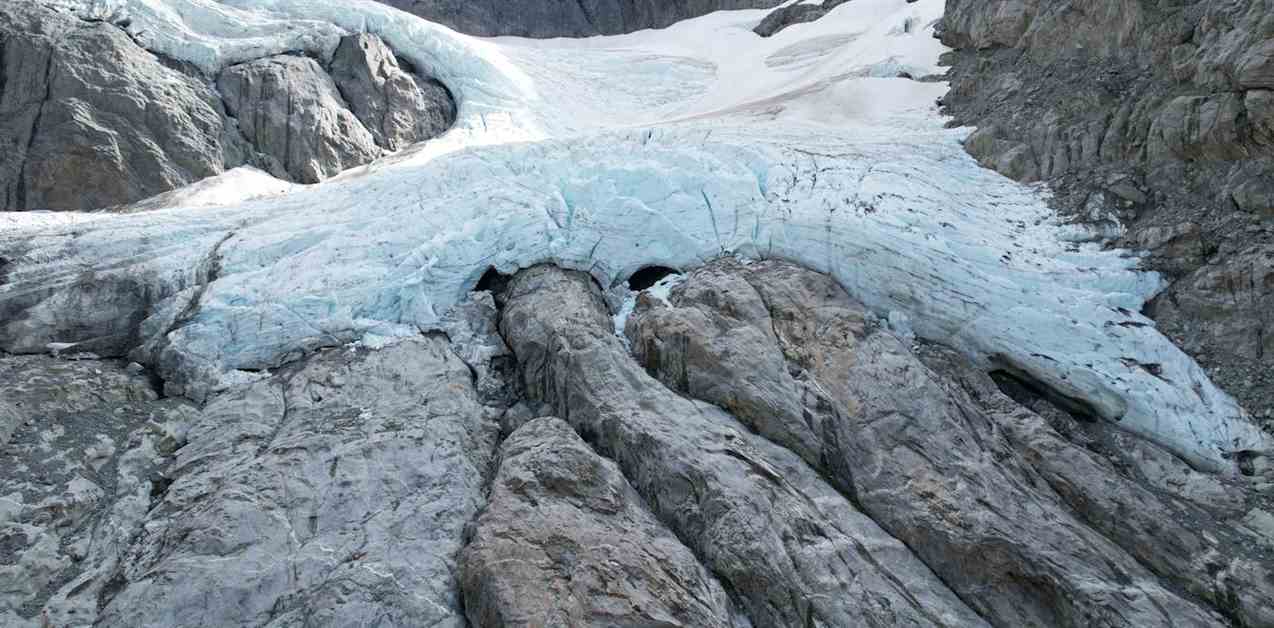Research Reveals Impact of Weakening Atlantic Current on New Zealand’s Climate
Recent studies indicate that the Atlantic Meridional Overturning Circulation (AMOC) is slowing down, with the possibility of a collapse in the coming century. The AMOC plays a crucial role in the global climate system by transporting warm water towards the Arctic and influencing temperatures in Europe. However, new research suggests that past changes in the AMOC have also had significant impacts on New Zealand’s climate.
During the transition from peak ice-age conditions to a more current climate between 20,000 and 10,000 years ago, the Earth experienced rising temperatures, melting ice sheets, and rising sea levels. Evidence from ice cores in Greenland and marine sediments in the North Atlantic indicates that these changes were associated with variability in the AMOC.
Researchers have studied the past extent of mountain glaciers in New Zealand to reconstruct how air temperatures have changed over time. By combining land-based observations with reconstructions of sea-surface temperatures in the Tasman Sea, they have found that changes in the AMOC can affect temperature patterns in New Zealand.
Computer simulations have further confirmed the link between changes in the AMOC and New Zealand’s climate. When the AMOC weakens, Europe cools while New Zealand and the southern mid-latitudes experience warming. Changes in the AMOC can also impact the strength of westerly wind belts in the southern hemisphere, influencing New Zealand’s climate patterns.
As the Earth’s climate continues to warm due to human-induced greenhouse gas emissions, the potential collapse of the AMOC poses a significant threat to New Zealand’s future climate. Understanding the historical impacts of AMOC variability on New Zealand’s climate can help prepare for potential future changes and mitigate the risks associated with a collapse of this crucial ocean current.
—
**Biography:**
**Shaun Eaves**
Shaun Eaves is a Senior Lecturer in Physical Geography at Te Herenga Waka — Victoria University of Wellington. He has conducted extensive research on the impact of ocean currents on global climate systems, with a focus on the Atlantic Meridional Overturning Circulation. Eaves has received funding from the Royal Society of New Zealand Marsden Fund to support his research efforts.


















